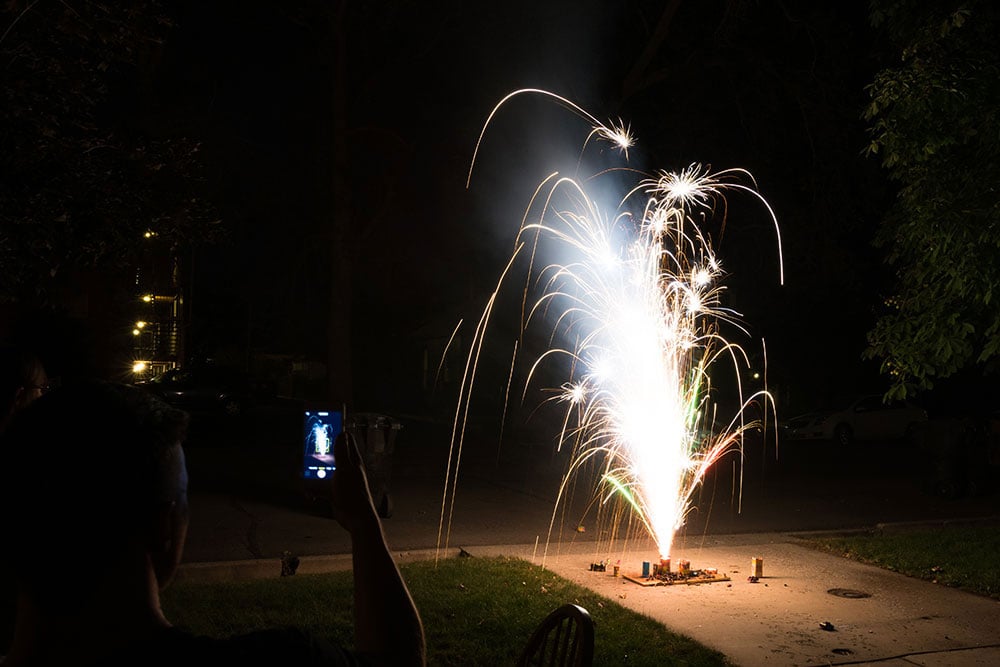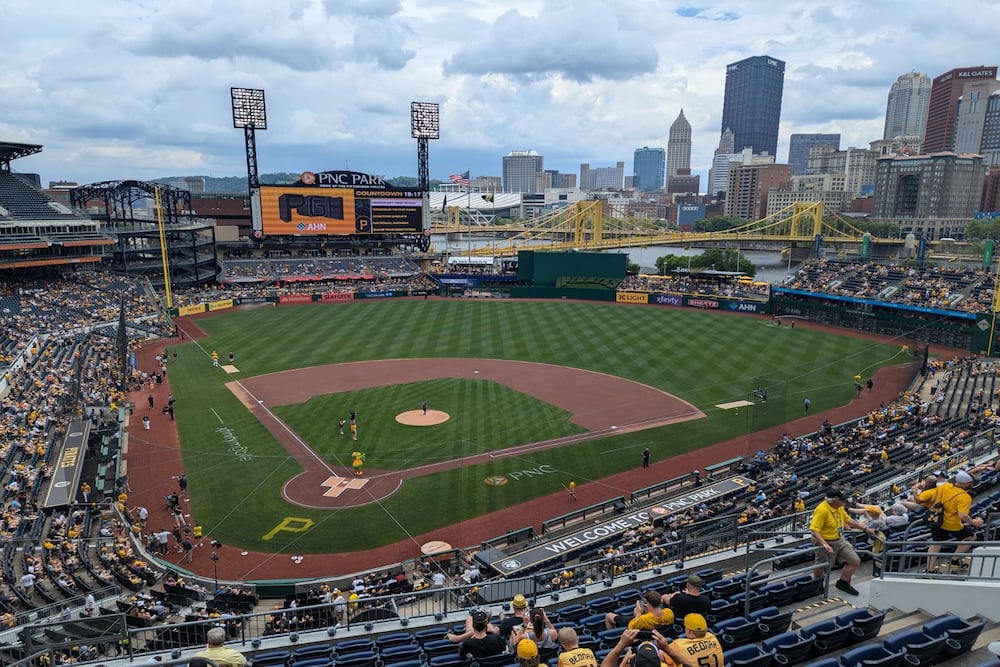Collier’s Weekly: Rising Temperatures, Meet Red Tape
The city is struggling to meet the demands of high temperatures.
As you may have noticed: It’s hot aht.
Summer has arrived with fury, as the temperature is reaching digits typically only touched by a Paul Skenes fastball. This week, only a handful of thunderstorms will interrupt the oppressive heat.
And the city of Pittsburgh, by and large, is unprepared.
Last week, KDKA’s Andy Sheehan reported that the city’s 200-plus water fountains are not currently operational — because the city has only been able to employ one plumber, who has not yet had time to turn them on. Two budgeted positions for plumbers remain unfilled.
A full reckoning of the absurdities in that situation would take hours, but here are a few: It’s ridiculous that there is precisely one plumber employed for a major metropolitan area; It is silly that red tape can’t be waived to allow anyone with a suitable wrench to do this job; There’s no excusing the fact that this problem was not anticipated and dealt with before the Real Feel temperature reached triple-digits.
Related: Extreme Heat Poses a High Risk to Children — Here’s How to Keep Them Safe
Meanwhile, the city’s pools are open … mostly. 15 of the 18 city pools opened over the weekend, including the Instagram favorite Bloomfield Pool, which had originally been slated to remain closed this year. The other three, however, are undergoing renovations — including two, Homewood and Sheraden, in underserved neighborhoods.
I am certainly no expert on pool maintenance, but it would’ve been a good idea to fast-track those renovations during the nine months when the pools are closed.
Dealing with summer heat and rising temperatures is a complicated issue, particularly in urban centers. The most important aspect of this challenge lies with landlords and builders, who have an ongoing and as-yet unmet moral obligation to provide air conditioning as an essential service. Heat is every bit as deadly as cold, yet we require homes to be heated but not cooled. If every home had effective cooling, the need for city cooling centers would be far less urgent.
By the way, that’s six cooling centers for 90 neighborhoods, but who’s counting.
All of this reminds me of a conversation I had with a city employee about another issue. (You’ll forgive me for being a bit vague; I don’t want to call anyone out by name, as it was an entirely cordial conversation.) I had written a column about an unrelated issue, and the city employee in charge of that matter had reached out to talk. We discussed ongoing efforts and plans, attempts to consolidate resources and the bureaucratic challenges inherent in any large city government.
Then I asked when Pittsburghers could expect the situation to actually improve.
They had no idea. It seemed they hadn’t even considered the question.
Governance on any scale is complex, and red tape is often burdensome. But, in Pittsburgh, there seems to be an unwillingness or an inability to pull the necessary strings to solve — or even prioritize — immediate problems. It should not be difficult to shuffle money and bypass bureaucracy to turn on water fountains on a hot day. It should not be impossible to streamline renovation projects so that kids in the city’s hottest neighborhoods can go to the pool.
On these and hundreds of other matters, the city seems paralyzed by its own rules and regulations.
It’s not an uncommon problem in local government. But it can be solved — the city just needs to decide to change business as usual.
Until then, I guess we’ll all stay sweaty.















